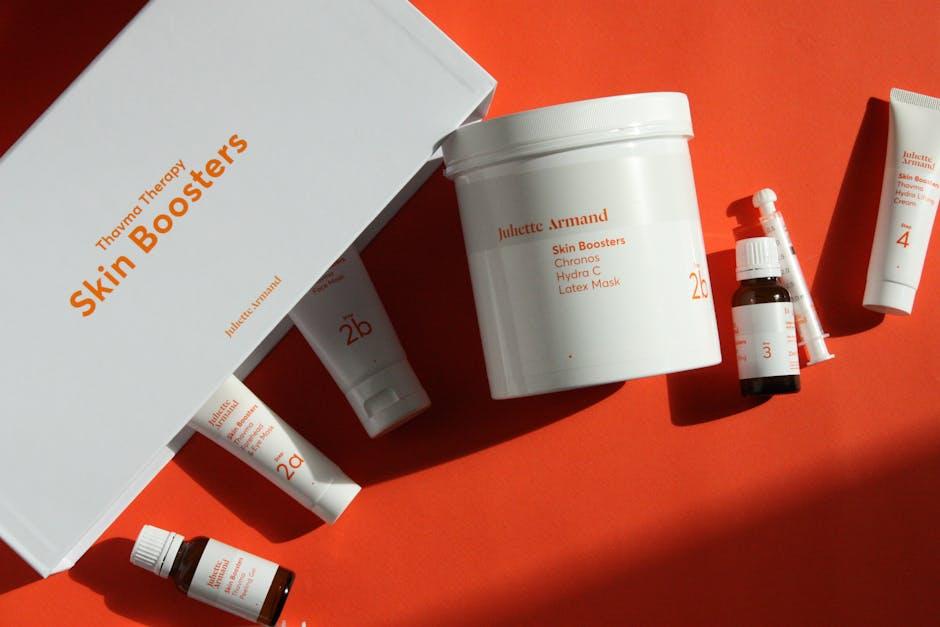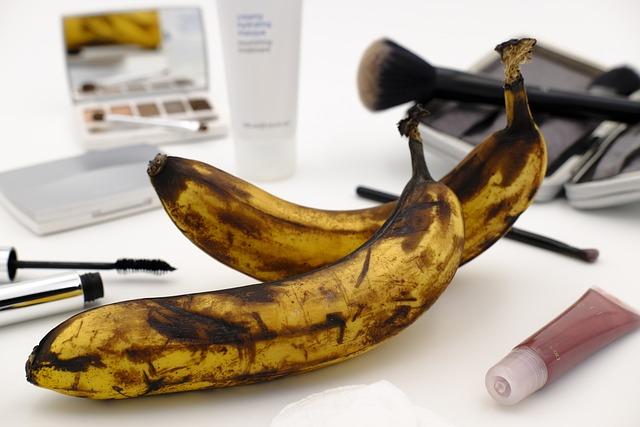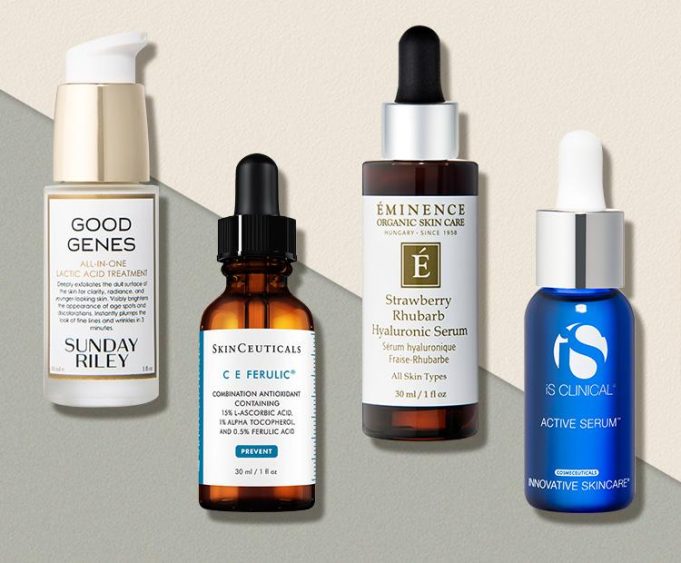In a world where time is often seen as an adversary, the quest for eternal youth has become a multi-billion-dollar industry. Shelves are lined with sleek bottles promising to turn back the clock, boasting transformative powers that claim to smooth, lift, and rejuvenate. Among these, anti-aging serums have emerged as the vanguard of age-defying promises, hailed by many as the elixir of youth. But as we delve into the fine print of these miracle concoctions, a question lingers in the air: Are anti-aging serums truly the fountain of youth, or are they simply overhyped potions that play on our deepest insecurities? This article embarks on an exploration of the claims, the science, and the skepticism surrounding these alluring vials, seeking to uncover whether they are a skincare revolution or just another beauty myth.
Promises vs. Reality: The Science Behind Anti-Aging Serums
The allure of anti-aging serums often lies in their promises of youthful skin, but what does science say about their effectiveness? While many serums boast ingredients like retinoids, peptides, and antioxidants, which are known to promote skin health, their actual impact can vary. Retinoids, for example, are scientifically proven to enhance cell turnover and stimulate collagen production, potentially reducing fine lines. However, the effectiveness of these ingredients largely depends on their concentration and the formulation of the serum.
- Retinoids: Effective for boosting collagen but may cause irritation.
- Peptides: Promotes skin elasticity but requires consistent use.
- Antioxidants: Protects against environmental damage, though their stability can be compromised.
Despite these promising elements, the reality is that not all serums deliver on their claims. The efficacy can be influenced by individual skin types, the presence of complementary skincare routines, and even lifestyle factors. It’s crucial for consumers to manage expectations and understand that while serums can contribute to healthier skin, they are not miracle workers. Thus, choosing a product backed by scientific research and personalized to one’s skin needs is key to maximizing benefits.
Decoding Ingredients: What Truly Works in Anti-Aging Formulas
When diving into the world of anti-aging serums, it’s easy to be overwhelmed by the plethora of ingredients each product boasts. However, only a handful truly stand out for their proven effectiveness. Retinoids are at the top of the list, praised for their ability to accelerate cell turnover and boost collagen production. Vitamin C, a powerful antioxidant, is celebrated for its role in brightening the skin and combating oxidative stress. Hyaluronic Acid is another favorite, renowned for its moisture-retaining properties that plump and hydrate the skin.
In addition to these star ingredients, peptides deserve mention for their potential in promoting skin elasticity and firmness. Niacinamide offers a multifaceted approach, aiding in improving skin texture, reducing redness, and regulating oil. alpha hydroxy acids (AHAs) gently exfoliate the skin, revealing a smoother, more radiant complexion. While the effectiveness of a serum can depend on its formulation and your skin type, focusing on these key ingredients can guide you toward making a more informed choice.

Consumer Experiences: Are Serums Worth the Investment
For many, anti-aging serums have become a staple in their skincare routine, promising youthful and radiant skin. But are they truly worth the investment? Consumers often share mixed experiences, which can be both enlightening and perplexing. On one hand, some users swear by the transformative effects, noting improvements in skin texture, tone, and elasticity. Ingredients like hyaluronic acid, retinol, and vitamin C are hailed for their ability to deliver visible results.
- Hyaluronic Acid: Known for its intense hydration properties.
- Retinol: Praised for reducing fine lines and wrinkles.
- Vitamin C: Celebrated for brightening and evening out skin tone.
On the other hand, some consumers question the efficacy of these products, particularly when considering the hefty price tags. Critics argue that results can be subtle and vary greatly depending on skin type and the formulation’s quality. Additionally, the beauty market is flooded with options, making it challenging to discern which serums truly live up to their claims. As with any skincare product, personal experience and diligent research remain key in determining if these serums are a wise investment for your beauty regimen.

Expert Recommendations: Navigating the Anti-Aging Market
In a market saturated with promises of youthful skin, expert recommendations can help you discern which anti-aging serums are worth your investment. Dermatologists and skincare specialists often advise looking beyond the alluring packaging and clever marketing. Key ingredients like retinol, hyaluronic acid, and vitamin C are praised for their efficacy, but the potency and concentration levels matter significantly. A serum with the right concentration of active ingredients can indeed be transformative, but an overload might irritate sensitive skin.
- Understand your skin type: What works for one person may not work for another.
- Check ingredient lists: Focus on scientifically-backed ingredients.
- Consistency is key: Serums require regular use to deliver noticeable results.
- Consult professionals: A dermatologist can tailor advice to your specific needs.
While some serums might be overhyped, discerning consumers equipped with expert advice can navigate this crowded landscape to find products that genuinely support skin health and vitality.






























